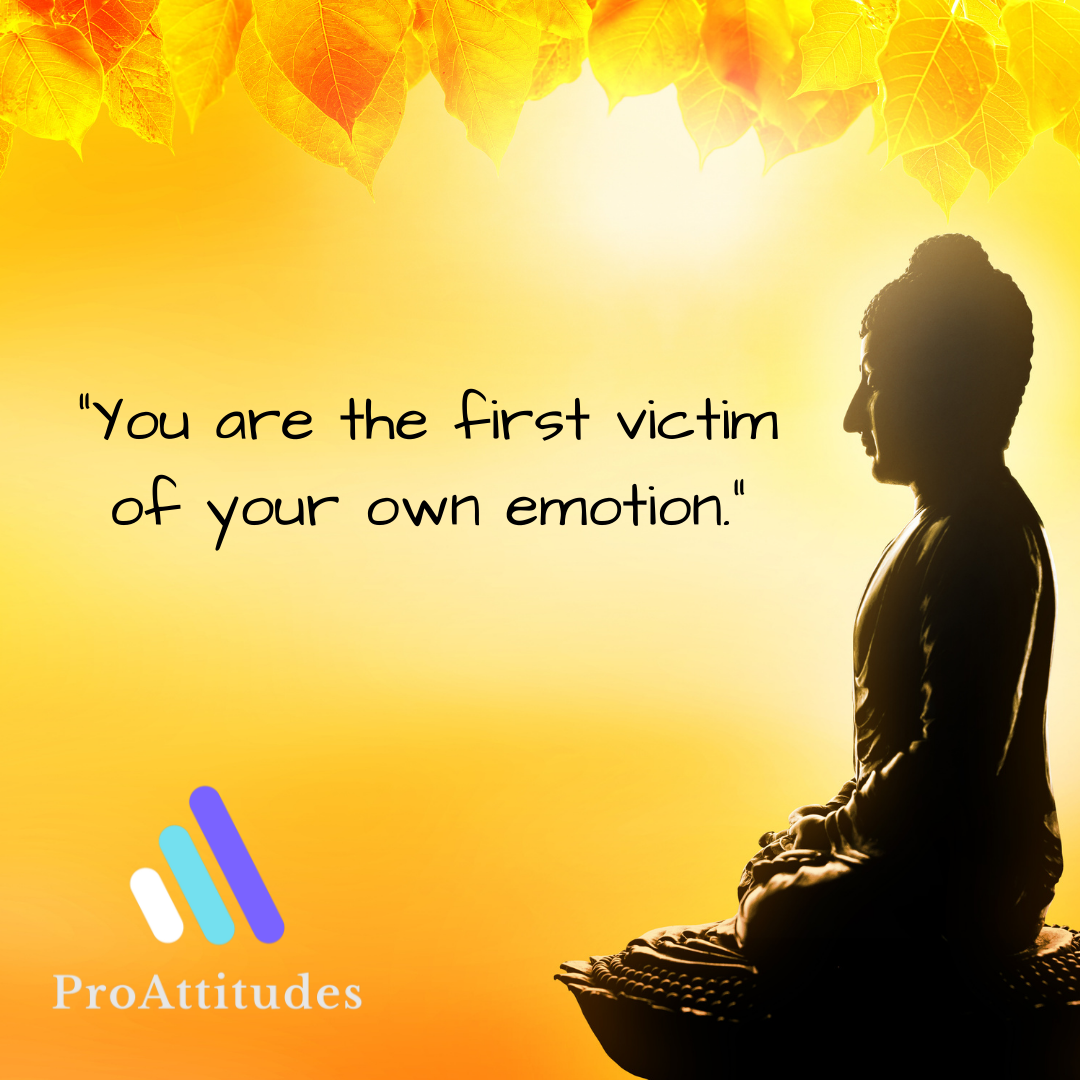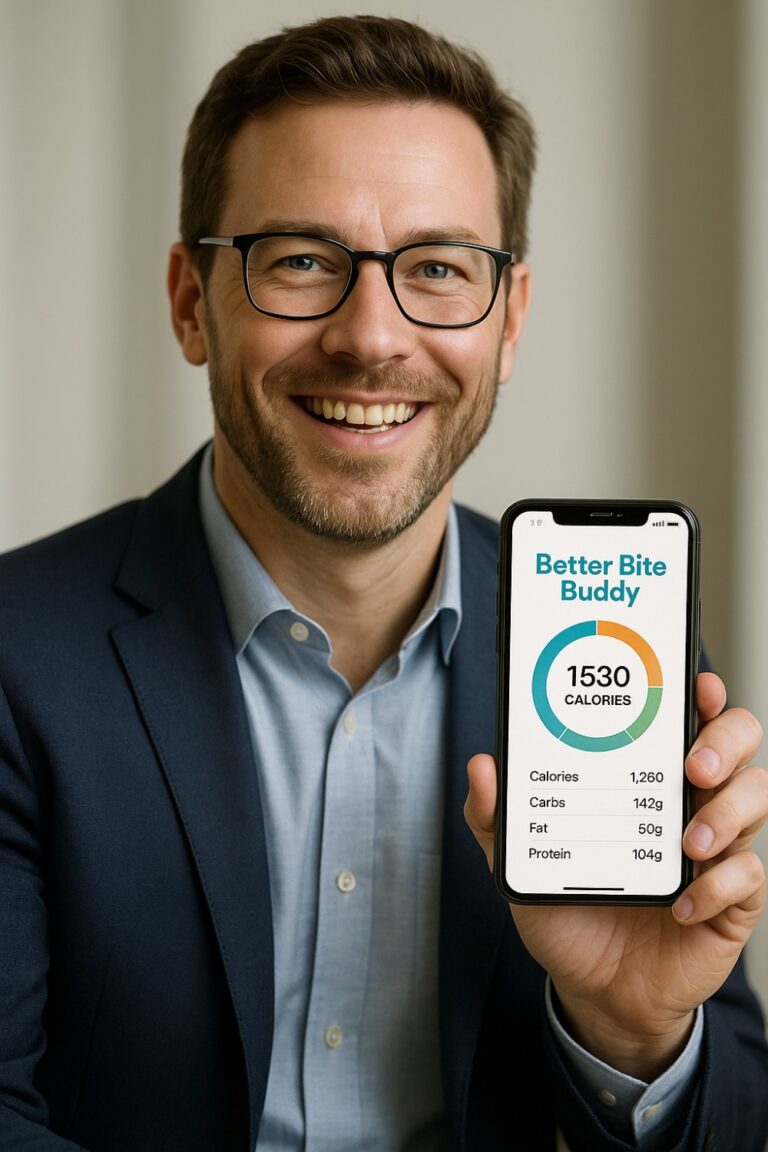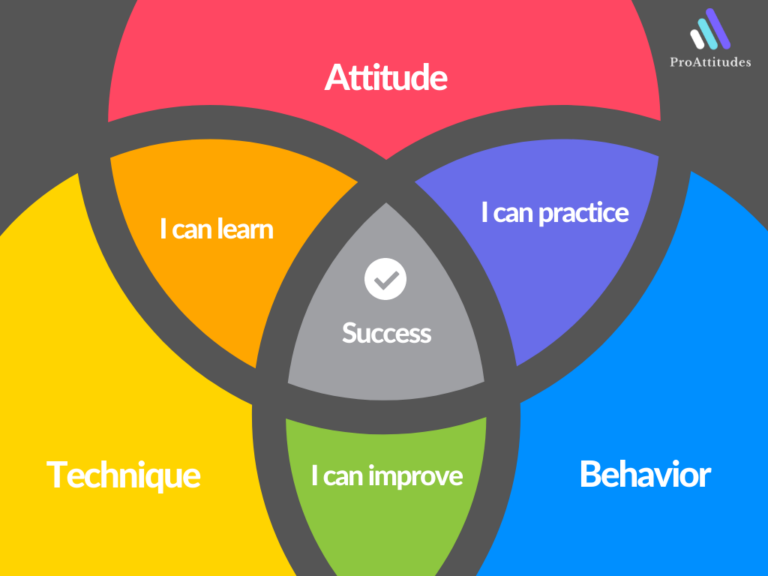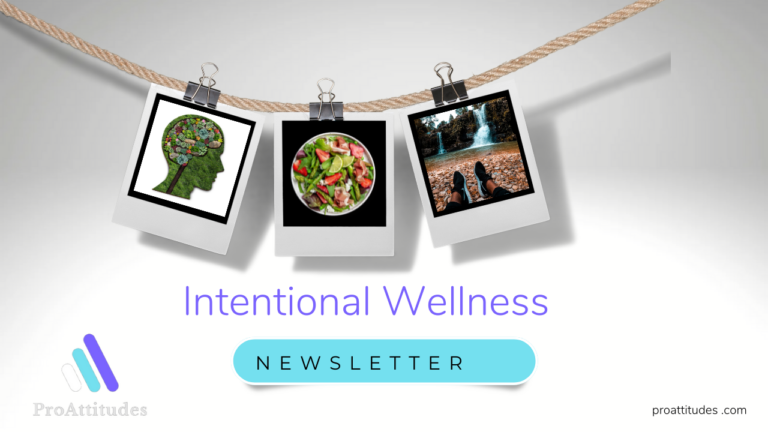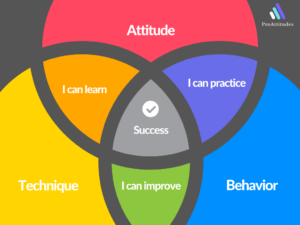“I wanted to strangle his inner Buddha!” said the monk.
Are you firmly attached to the good and bad things that happen to you, reacting with positive or negative emotions?
He was dealing with a contractor that was very rude to him.
His inner Buddha was getting frustrated.
A Buddhist monk is still human.
It’s easy to react.
The Roller Coaster Riot
The rollercoaster of emotions that life brings can be exhilarating and exhausting.
Can you choose to get off the rollercoaster riot of good and bad, on and off, amazing and devasting, liberating and frustrating?
“If a problem is fixable, if a situation is such that you can do something about it, then there is no need to worry. If it’s not fixable, then there is no help in worrying. There is no benefit in worrying whatsoever.”
— Dali Lama
“Much in life is simply a matter of perspective. It’s not inherently good or bad, a success or failure; it’s how we choose to look at things that make the difference.”
— David Niven, British actor
There’s an old Chinese fable of the Stallion that I’ve heard many times, but most recently, Dr. Shirzad Chamine referenced the fable in a keynote speech he gave.
It revolves around the life of an old farmer in a small village in China but it translates easily to anyone’s life circumstances.
The farmer owned a stallion which was his most prized possession. One day, he entered the stallion in a competition and it won the first prize. All of his neighbors rushed over to congratulate the old farmer and yet, the farmer’s calm response was, “Who knows what is good or what is bad?”
The neighbors left him, feeling puzzled as they expected him to rejoice and celebrate his winnings.
The next week, thieves broke into the farmer’s stable and stole the stallion. When the neighbors learned of this, they rushed over to console the old farmer. They found the farmer looking perfectly calm and at ease and he said, “Who knows what is good or what is bad?”
Puzzled yet again, the neighbors left him, thinking that this old farmer is probably becoming senile.
The following week, the stallion escapes and returns to the farmer, bringing back several wild horses with him. The neighbors were amazed by this beautiful twist of fate and rushed over to share in the farmer’s joy. They found him again being very calm and unaffected by his good fortune, saying, “Who knows what is good or what is bad?”
Three days later, the farmer’s only son rode one of the wild horses in his attempt to tame it. The horse threw the son to the ground and he broke his leg. The neighbors rushed over to comfort the farmer and were quite disturbed when they found him being very calm. He quietly told them, “Who knows what is good or what is bad?”
Soon, a war broke out in the region. The army wanted to recruit young men to join and fight the war. However, they couldn’t take the farmer’s son due to his broken leg. This time, the neighbors didn’t rush over to congratulate him as they knew what the farmer was going to say…
“Who knows what is good or what is bad?”
What is this little fable telling you? You can choose to attach a great deal of significance to the events or you can choose to be detached from the outcomes. You have the freedom to view the circumstances without judgment. It’s not what happens, instead, but the choices we make eliminating expectations.
I wanted to translate the lessons I learned from the Stallion story recently, albeit not as dramatic, of course, to my life to see if I could practice this way of detaching one’s self from life’s circumstances. Just before the holidays, I found two boxes, one small, one large, sitting at my front stoop, delivered from a huge online company that I hadn’t ordered that was worth a few hundred dollars. The packages had an unfamiliar name on them but clearly had my address on the label. I tried to return it via email and phone calls, without luck. I eventually saw a courier delivering another package I had ordered and asked him what to do. He called his supervisor and they said to keep it since it would cost more money to return it!
We decided to gift it to someone who would need it more than us (it was a play station). It sat for several weeks because of circumstances that didn’t allow us to deliver the packages.
Then, my Mother-in-Law died. She lived a long life (98 ½ years!) and she passed gracefully under our care. Very few people made it to the funeral because of COVID and logistics (and circumstances) but she was laid to rest with her husband who had passed nearly 2 years ago. They had been married 73 years!
My wife received such an outpouring of support from her staff, certain family members, and many friends.
What Matters Most To Your Inner Buddha
What mattered most was the gratitude we felt from those there to offer us comfort.
A few days later, my son came home from work in a bad mood, and I ended up having a heated argument with him over chores – doing the laundry and taking out the garbage. The debate ended calmly with me telling him that his disrespectful behavior was unacceptable and with him telling me that he was just so tired of everything. I couldn’t get anything else out of him. He carried a broody mood for the next few days.
The next day, we got together with the couple we wanted to give the gift to. Over lunch, as the baby slept, they opened up about their lives, aspirations for the future, and all the possibilities. We found ways that we could help them in any way. It was amazing hearing their stories; their daughter’s difficult birth and her being a miracle baby, the Mom surviving two life-threatening circumstances during the birth, the Dad having such a supportive boss during these challenging days. We shared our stories, too, which brought us closer together. It was just what my wife needed after her Mom’s death.
That night, our 14 ½-year-old Portuguese Water Dog, Gracie, took a turn for the worse. It ended up being her last days. It’s been a harrowing experience, watching the precious dog that you love in pain and then pass and not being able to do much to relieve it.
So, what was good or bad from the events of the last month? I had my highs in terms of receiving the unordered gift, the heartfelt support from friends and family after my Mother-In Law’s passing, and having an open meeting with the young couple and their 5-month-old daughter. I had my lows with my Mother-In-Law’s death, the argument with my son, and the imminent death of my dog. Do I let the “bad” discount the “good”? I admit that for a short moment, I doubted my parenting skills and wondered if I could have handled that situation with my son differently. However, after talking it over with my wife, we both decided that there wasn’t anything else that I could have done differently for that particular matter and it was my son’s choice to choose to behave that way. If I had allowed my self-doubts and negative chatter to overwhelm me, I would have spiraled into despair and would have lost sight of the blessings I received earlier that week. The death of our dog was another challenge since we both loved her dearly and are heartbroken knowing she has passed.
What is your Stallion story like? Do you allow your negative thoughts to take you hostage? Are you able to recognize the damage and harm that they are causing you and consciously make a choice to look at the situation from another perspective?
Do you have a Stallion story to share?
Do you want to be able to accept the circumstances, both good and bad, like the old farmer? Reach out to me here to schedule a complimentary 30-minutes coaching session to discover what coaching can do for you in terms of shifting your perspectives.

“The Sage Perspective accepts every outcome and circumstance as a gift and opportunity.”
– Dr. Shirzad Chamine, author of Positive Intelligence.
Become. Be Strong. Be Grateful. It’s the B3 Way to Wellness. Schedule your complimentary lifestyle challenges assessment.

